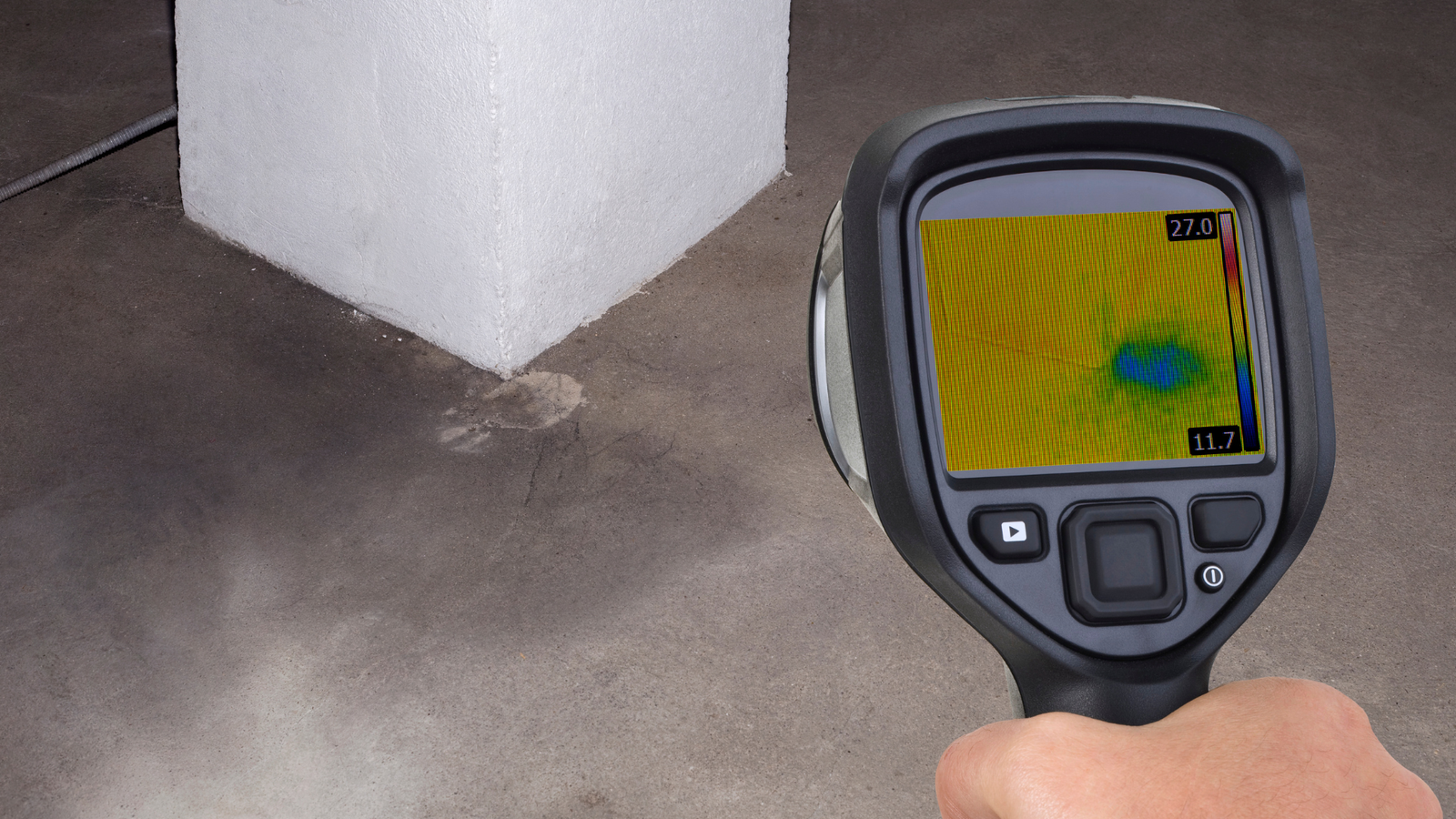When plumbing problems strike, they often happen at the worst possible times. A sudden leak or a blocked drain can cause significant damage and disruption. This is where emergency plumbing services become very important. They are designed to help quickly when unexpected issues arise.

What is Emergency Plumbing?
Emergency plumbing refers to services provided outside of regular business hours, often on weekends or holidays, or immediately when a severe plumbing issue occurs. These services address urgent problems that cannot wait for a scheduled appointment. The goal is to stop damage, restore essential services, and make the situation safe.
Common Emergency Plumbing Issues
Several plumbing problems are considered emergencies because they can lead to serious damage or health risks if not handled quickly.
Burst Pipes
A pipe that bursts can release a large amount of water very quickly. This can flood homes, damage walls, floors, and furniture. Burst pipes are often caused by freezing temperatures, but they can also happen due to old pipes or high water pressure. Immediate action is needed to turn off the main water supply and call for help.
Clogged Drains
While a minor sink clog might not seem urgent, a severe or widespread clog can be an emergency. If multiple drains are blocked, or if water is backing up into sinks, tubs, or toilets, it often points to a deeper problem in the main sewer line. This can create unsanitary conditions and water damage.
Water Heater Problems
A broken water heater can be more than just an inconvenience. If it’s leaking significantly, it can cause water damage. If it’s emitting gas or showing signs of electrical issues, it can be a safety hazard. Losing hot water completely can also be an emergency, especially in colder weather or for businesses that rely on it.
Sewer Backups
Sewer backups are very serious plumbing emergencies. This occurs when sewage flows back up into your home through drains or toilets. It is a major health risk due to the presence of harmful bacteria and pathogens. It requires immediate professional attention to protect the health of occupants and prevent extensive property damage.
Why Quick Action Matters
Acting quickly during a plumbing emergency can save you a lot of trouble and money. Water damage can spread rapidly, leading to mold growth, structural problems, and costly repairs. The sooner a professional plumber arrives, the less damage is likely to occur. Timely response also helps restore comfort and safety to your home or business.
What to Do Before a Plumber Arrives
If you face a plumbing emergency, there are a few steps you can take to reduce damage before professional help arrives:
- Turn off the main water supply: This is the most crucial step for leaks or burst pipes. Locate your main water shut-off valve and turn it off immediately.
- Turn off the water heater: If your water heater is leaking or showing issues, turn off its power supply (gas or electric) to prevent further damage or safety risks.
- Clear the area: Move furniture, rugs, and other belongings away from the affected area to prevent them from getting wet.
- Contain the water: Use buckets, towels, or mops to collect or absorb water and prevent it from spreading.
- Take photos: Document the damage with photos or videos. This can be helpful for insurance claims later.
Finding Reliable Emergency Plumbing Glendora CA Services
When you need Emergency Plumbing Glendora CA, it’s important to choose a service that is reliable and experienced. Look for plumbers who are available 24/7 and have a good reputation for quick response times and effective solutions. Verify that they are licensed and insured for your peace of mind. Reading reviews from other customers in Glendora can also help you make an informed decision. A professional team will arrive with the right tools and knowledge to diagnose and fix the problem efficiently.
Preventative Measures
While emergencies can be unpredictable, some steps can be taken to reduce their likelihood:
- Regular maintenance: Have your plumbing system inspected by a professional plumber regularly.
- Insulate pipes: In colder climates, insulate pipes that are exposed to prevent them from freezing and bursting.
- Be mindful of what goes down drains: Avoid pouring grease, oil, or large food scraps down your drains.
- Address small leaks quickly: A small drip can become a big problem if ignored.
- Know your shut-off valves: Be aware of where your main water shut-off valve is located, as well as individual shut-off valves for appliances like toilets and sinks.
